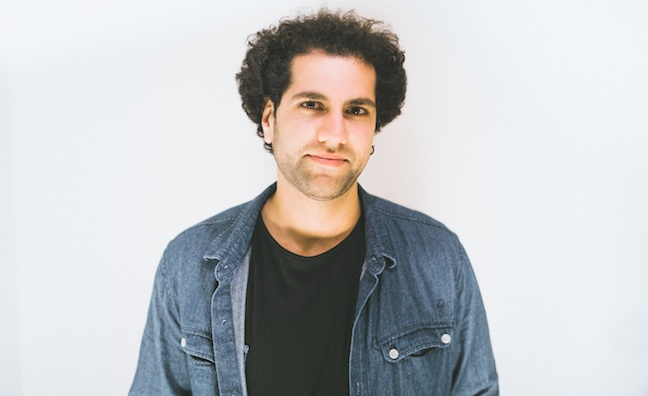During a virtual session last night (February 8), MPs debated a petition with 238,000 signatories calling for freedom of movement for UK artists, musicians and crew across the EU.
There’s a growing sense of urgency surrounding the campaign to support the ability of artists and their crew to tour in the EU without costly bureaucracy.
Ross Patel, co-founder and co-managing director of Whole Entertainment, has had to deal with the impact of the EU trade agreement on his artists, including Elder Island and Billy Lockett.
Read on for his viewpoint on the Brexit deal – and a possible solution…
As politicians blame and bicker over who failed who during Brexit touring musician discussions, the industry’s pleas for support and screams of injustice risk being drowned out. So much hangs in the balance, with yesterday’s Parliament session being the latest in what feels like a dark, twisted Netflix series entitled On A Roadies To Nowhere.
How does this affect us? I’ll do my best to explain using a real time case study. Picture this… Elder Island spend all of 2020 crafting their second album Swimming Static, delivering it in all its beauty. We should be celebrating. Instead, I’m buried in news articles, calls with visa lawyers, booking agents, tour managers and promoters, trying to work out what the hell is going on.
With a new May 2021 release date for the album (knocked back from March due to the Brexit-Covid combo disrupting live date announcements, vinyl product manufacturing and shipping adding hefty unforeseen campaign costs), we scramble for dates and venue holds, and push back all tours, waiting for clarity. We wave goodbye to essential revenue and audience interaction as we boot an entire EU run of 9,000-plus tickets from 2021 to 2022, immediately postponing that vital £50,000 revenue needed to operate the business. As each country slowly comes back online post Covid-19, we must be mindful of routing a tour through one country that may not be open for business. Margins for Elder Island’s international touring are thin enough, despite regularly selling out shows, and since Elder Island is fully independent (no label), having to front the cash flow ourselves makes losing even one show untenable.
We hope our collective voices are heard to bring these crucial issues back to the table for a resolution before it’s too late
Ross Patel
Assuming that Covid-19 is soon behind us, and we can schedule a tour that actually works, we then face the ‘Brexit Boss’ – the final level in this horrific game. The 1,000-plus page deal is remarkably thin regarding UK musicians touring in Europe, particularly on carnets, free movement of large vehicles and visa implications.
Fingers crossed that our promoters and venues survive the barren dry spell and we can find affordably priced tour buses, then we can hit the road! Unfortunately, we currently have no idea of the total tour costs. We can’t factor in visa costs or the carnets for equipment and merchandise, because we don’t know what they are. We don’t know whether that tour bus we hired for an eye-watering sum from our desperately tight budget can even take us, due to large vehicle and cabotage restrictions in the Brexit deal.
Could the Schengen Visa be at least one solution? It's a well-established system that, as of February 7, 2021, updated the Schengen Visa Code to include a price increase from €60 to €80 per application of individuals from third countries, which as of January 2, 2021 now includes the United Kingdom. With a touring party of seven, this immediately adds a previously non-existent line to the budget totaling €560. However, it's still incredibly unclear whether this visa would allow you to perform. Even if it does, this won’t solve the merch question or cabotage restrictions. Laughably, the section on the Schengen Visa website that explains who needs a visa hasn't been updated since April 2019, and the UK is not listed. Meanwhile, we do our best to plan and stay in constant communication with our UK and International teams.
We take up arms and stand shoulder to shoulder with the rest of the industry. We sign petitions, back campaigners, support the unions and hope our collective voices are heard, from UK to EU parliaments, to bring these crucial issues back to the table for a resolution before it’s too late.
PHOTO CREDIT: Ross Silcocks (Entirety)







